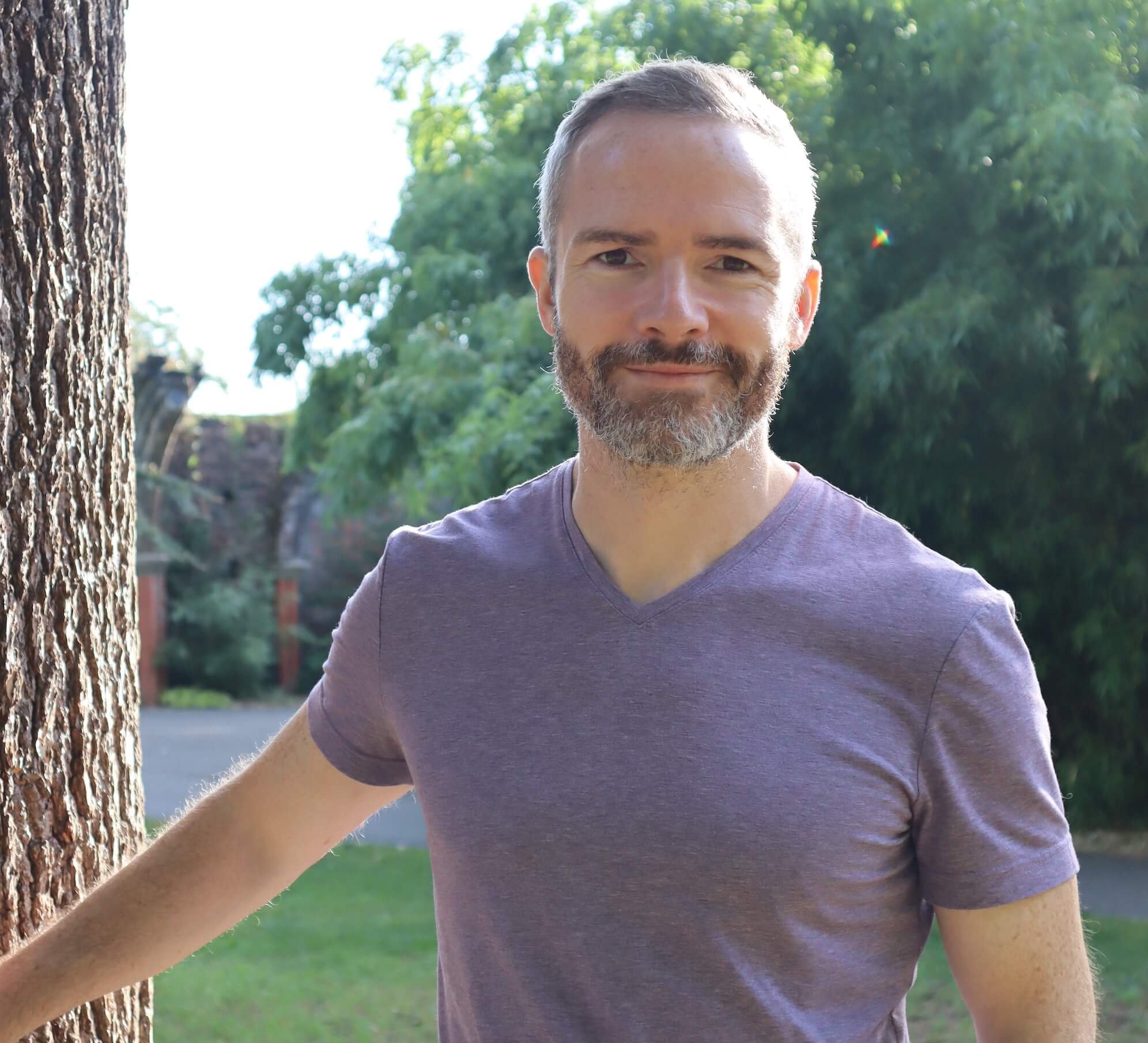Reduce Stress in 5 steps
Over the next few weeks, I’ll be sharing a few tools, thoughts and a short practice, which I hope will help you and those around you, to reduce stress, live healthier and happier, and with greater purpose in whatever you do. Step 1 and Step 2 are below, so this week will be a little longer.
And ongoing as part of the Waking Waves community, I will share news, occasional ‘Waking Moments’ and updates, so you can Leave Stress in Your Wake.
Stress keeps us safe
We all experience stress, it is a natural biological reaction to the many demanding situations, events and activities we encounter in our everyday lives. At times it is very helpful for us. It can help us focus our attention and feel more motivated to get things done. But more importantly, it keeps us safe.
Our stress response (many of us will have heard of Fight or Flight) prepares our brains and bodies for danger. It equips us to stay out of harms way...literally to stay alive. And it has been doing this for us since humans existed. It kept us safe when we were living in caves and it's doing the same job now in our cosy homes.
But we are easily triggered
Which was super helpful when escaping the jaws of a sabre tooth tiger….but not quite as useful when we are late making dinner or under pressure to meet a deadline.
[We will revisit the Stress Response in Step 4 ]
So, whether it’s spilling our coffee when we are in a rush, the tone of an email, a passing comment from a loved one, traffic or our phone notifications, the smallest thing can set us off. We are activated, on high alert, a bit like an alarm has been tripped. We feel physical, mental and then emotional symptoms of stress - from sweating, rapid breathing and heart rate to agitation, frustration and overwhelm - and it can take some time before our body returns to a balanced state.
“Stress, depression or anxiety account for 51% of all work-related ill health and 55% of all absence”
- UK, Health and Safety Executive
Repeated episodes of stress, and crucially, not coping with stress, can lead to chronic stress, trigger anxiety, and lead in some cases, to depression and burnout. This is not an exaggeration and we only have to look at those statistics for illness and absence in the workplace due to stress to know it is impacting our lives in a significant way.
Surely I don’t need to make myself ill because of emails, deadlines office politics or spilled coffee?
Calming the Waves
There are already lots of things we do naturally to cope with stress - we schedule time away from our desk, take a walk in the park, have bath, go for a run or spend time with loved ones. And these are all great things to do!
But often, we don’t (or simply can’t) do those things IN THE VERY MOMENT when we are experiencing stress. We might put aside these activities for later when we will DE-STRESS, when we have THE TIME. All the while, living through and fully experiencing the unhealthy effects of stressful moments.
The first ‘2 STEPS’ are done in quick succession. But detailed separately here, to help with making an intentional choice.
Step 1: WATCH
It is precisely when we are in a reactive stressful state, that it helps to become aware of what is happening in our bodies and brains. Not to avoid, ignore, dismiss or shut down the experience. And depending on what we notice, to take a supportive action that gives us space to respond. This helps us to calm the waves of stress that are washing over us.
The first Step to reduce stress is to WATCH over your experience.
Pay full attention to what is happening in the body and mind.
Take notice of the bodily sensations, sounds, thoughts or emotions are present.
A good question to ask is “What am I aware of right now?
There could be quite a lot going on! Or perhaps just one overwhelming thing - heart racing, tension, flustered thoughts, butterflies in the stomach, dizziness, confusion, frustration, agitation or nausea. But when we recognise and acknowledge our experience, we are much better able to take supportive action, calming our waves of stress much faster. Much more effectively.
But what if I recognise that I’m breathing rapidly and it makes me feel worse?
In these situations, we need is some stable ground. Something to keep us balanced. We need to find an Anchor. We scroll down to Step 2…




